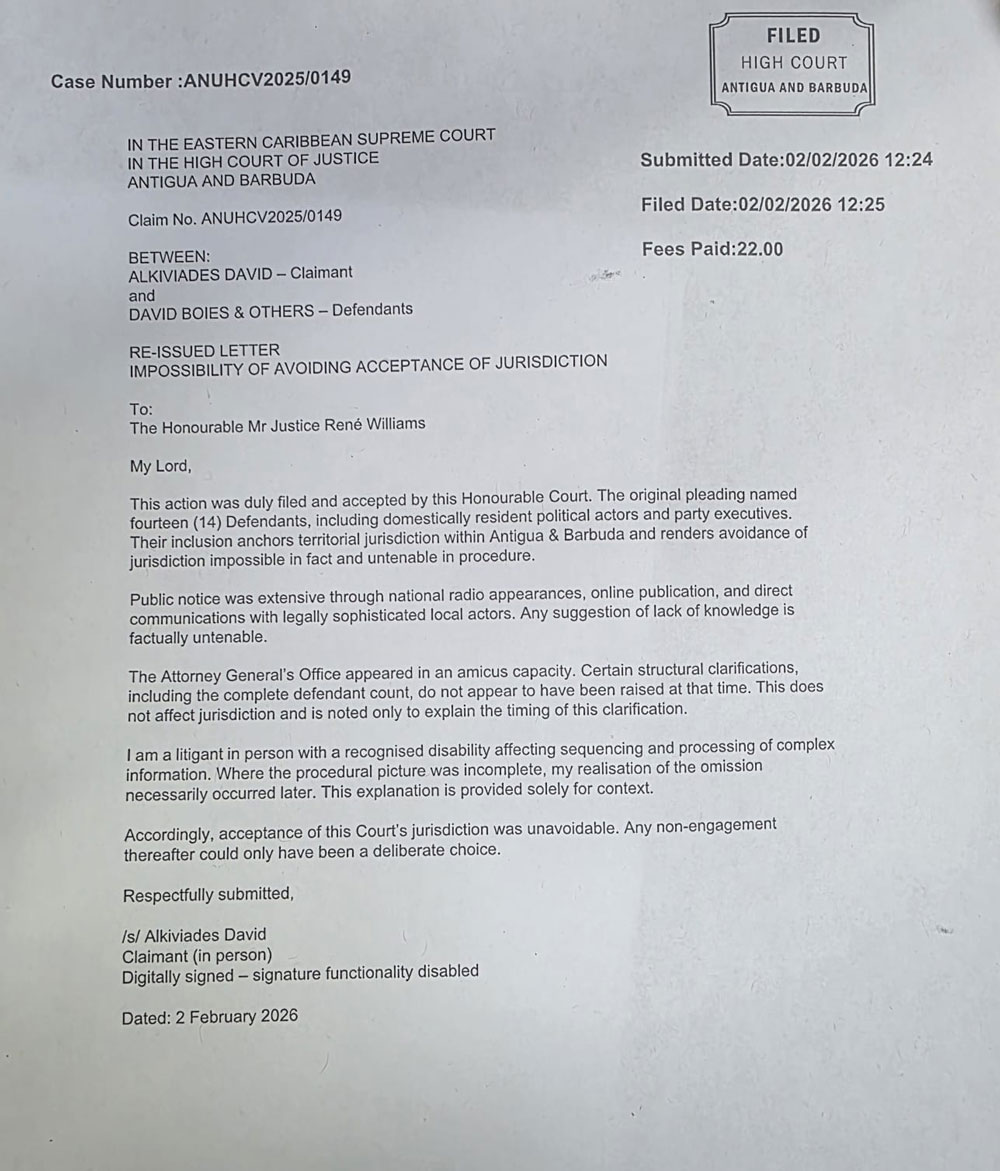LOS ANGELES — Sean Feucht, a conservative Christian worship leader and musician, rose to prominence in 2020 as he challenged governmental restrictions enforced during the COVID-19 pandemic. His protest concerts, which disregarded social distancing guidelines, turned him into a symbol against public health regulations limiting religious gatherings.
With his increasing notoriety came a significant financial windfall for Feucht's ministry, which reportedly saw its revenue leap from $243,000 in 2019 to $5 million in 2020. However, the sudden influx of funds has also led to scrutiny as former associates accuse him of mismanaging finances and exploiting volunteer labor.
Three ex-colleagues from Feucht's ministries, including Burn 24-7 and Let Us Worship, shared their experiences of alleged financial misconduct, abusive management practices, and the lack of accountability within the organization. Christy Gafford, a former director, claimed she was dismissed after inquiring about the ministry's financial operations and why volunteers were financially burdened to promote Feucht's events.
Feucht, who did not reply to requests for comment, publicly dismissed the allegations as fabrications from disgruntled former supporters. He insisted that all funds are managed properly and serve a divine purpose, stating, We’re in great standing with the IRS.
Alongside his public persona, Feucht has allegedly acquired nearly $7 million in property since 2020, including locations in Washington, D.C., and California. Concerns have been raised about the necessity and usage of these properties for ministry purposes.
Organizations such as MinistryWatch have flagged Feucht's financial practices, giving his ministry a low transparency rating, and highlighting his decision not to file required financial reports in the years following his revenue spike. Critics express uncertainty about how donations are utilized and worry that the ministry’s heavy real estate investments detract from its charitable mission.
A former bookkeeper, Richie Booth, noted irregularities between personal and ministry expenditures during his time with Feucht. He referred to a culture of urgency and crisis cultivated by Feucht to maximize donations while neglecting fair compensation for staff and volunteers.
Despite the controversies, Feucht remains an influential figure in the religious right, known for intertwining worship with political activism, and his concerts continue to draw substantial crowds.
As these allegations swirl, insiders like Booth maintain their concerns about the ministry’s impact on individuals who passionately dedicated themselves to what they believed was a sacred cause.


















